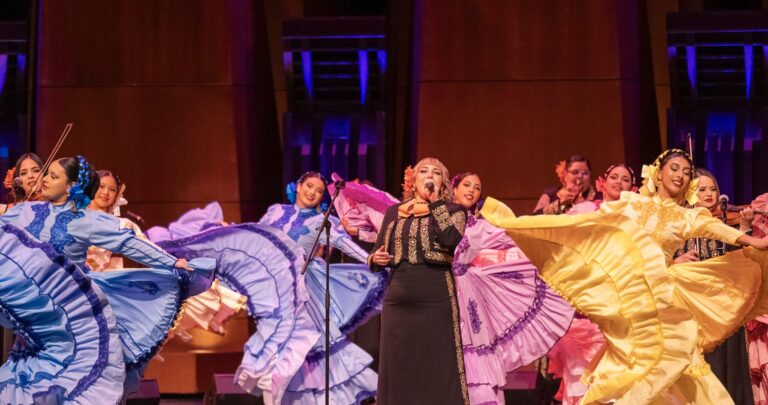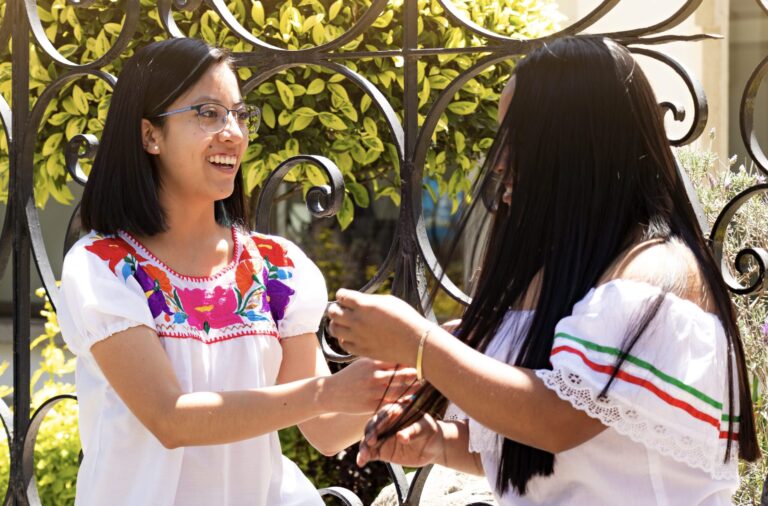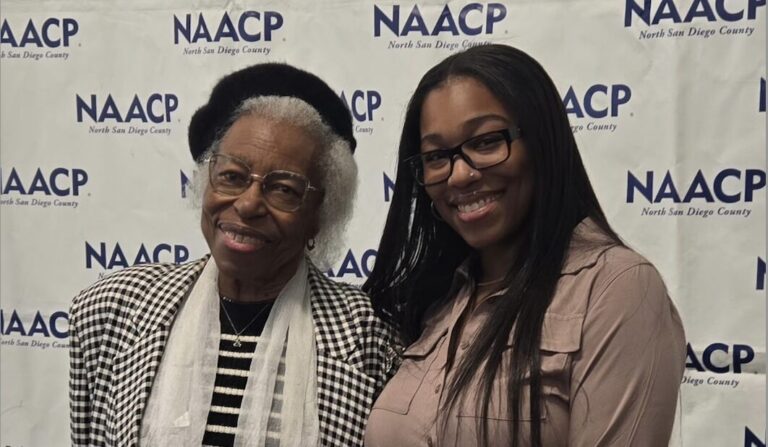The author of Real Women Have Curves shares her journey and reflects on life as a Latina writer
By Melanie Slone
Twenty years ago, Josefina López’s play Real Women Have Curves debuted as a movie, breaking down barriers and challenging stereotypes. Today, Josefina continues to fight for women, Latinas, immigrants, and body positivity.
Real Women Have Curves “has a life of its own,” says Josefina. When the movie came out, it did not have much of a budget, she says, so a lot of people missed it. But now more people are discovering it.
Josefina tells us that she approaches stories from her heart and her gut. She feels that this story was “given” to her; she started writing it when she was 18 and got a version produced at 21.
Today, she says she finally understands the secret to the story’s success. “It’s about five woman, five Latinas who are all transitioning, you know, there’s the four stages of womanhood…the virgin; the maiden; the mother; and the crone, the wise woman.” She says they are having challenges transitioning to the next level.
“So really, it’s about woman in different stages in their lives who, through their camaraderie, are able to transition and find their wisdom and find their rightful place in the world where they belong.”
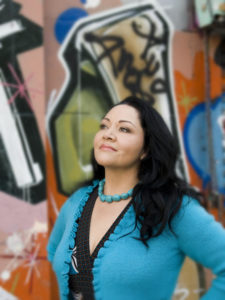
Culture and Inspiration
Josefina says she creates based on her reality. “Everybody in your life inspires you…Everybody is an interpretation and a mirror to you,” she says. “We can only write about what we know; we can only write about ourselves.”
She says she is “showing the conflict of loving [her] culture…being interconnected…As a woman, you are interdependent.” She says family interdependence is a source of strength for women; women can be vulnerable and ask for help, which is really a strength in the community.
She believes her stories show the benefits of her culture, but also how it can disempower people, especially women. She shows in her stories what she thinks people should let go of and what they need to hold on to, so that they don’t lose themselves.
“I choose to celebrate my culture in the way I live my life,” she says. “We have to embrace all the beautiful things about our culture that inspire us, that make us whole,” she adds, “like being part of a community and being an indigenous person, being connected to the land, being connected to family, being responsible to community, being connected to the creator.”
Josefina says she believes writers are expressing their own trauma. “Most of what we write is a trauma that is at least 10 years old,” she says. “Anything you’re trying to recreate is something you’re trying to heal.”
Activism
Josefina has noted how woman are only allowed to complain about one thing—being poor, or Mexican, or a woman, “but you can’t complain about all three, because no one would take you seriously.”
She believes that people today have realized that there are many forces that shape and oppress women, and that awareness has grown. “Today, young women are more empowered to see that they have the right to choose what they want in their lives…When I wrote Real Women Have Curves, this idea of body positivity wasn’t around,” she said.
At the same time, she thinks social media has made women much more conscious of their looks and the use of filters.
She also believes this empowerment among women “scares” men, which can lead to backlash.
Josefina creates humor out of anger, in her quest to confront injustice. “As a woman or person of color, you’re not allowed to be angry because if you are, they put you in jail or censor you, so you cushion it with humor,” she says.
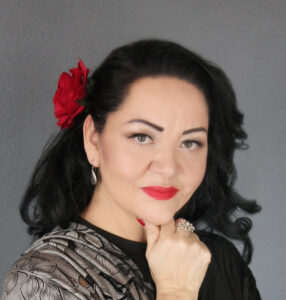
Insight from Josefina López
Comedy is a way of disguising anger; the person with power over you will listen because it’s funny.
I show the ridiculousness of sexism and racism because that’s the only way people will listen.
[Real Women Have Curves] Is so successful because I wrote a comedy instead of a tragedy [about Latinos].
When you make people victims, you take away their free will.
You have the power to choose how you see your situation, and that’s what dignity is.
See yourself as the protagonist in your story instead of the villain in someone else’s story.
You have to declare yourself a winner; never wait for anyone to declare you a winner, an artist, or “good.”
We’re trained as women to constantly want the validation of men, and other women.
I’m here to manifest God’s genius through me.
Try to get published, and if nobody publishes you, we’re at the perfect time when you can publish yourself.
There is nothing stopping you except you believing what other people say about you.
The reason to be an actor is to share yourself and be an inspiration to others, not for external validation.
What makes me a role model is that I’m very comfortable telling you how flawed and damaged I am.
As Latinos, we should look at people who have the courage to be themselves.
If you have a gift, share that gift for the good of humanity to be a role model.
The sacred feminine force holds the world together.
[Young people] should challenge injustice. Be as bold as you can.
Ferdinand the Bull talks about honoring your difference and honoring who you are; choose not to do what you are not meant to do.


